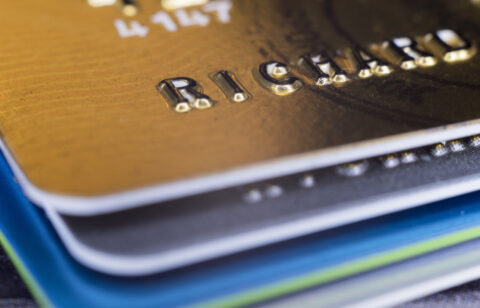About three out of every four Americans have rewards credit cards. They like the perks that come with these cards, such as getting cash back on purchases and earning free travel. However, a lot of people end up failing to use their rewards points before the points expire. That’s why it’s so important to know the best way to use credit card points.
Here are four helpful tips to make sure you get the most value from your credit card rewards:
1. Choose Cash Back Rewards
Cash back credit cards are a popular choice. With these cards, you earn back a percentage of what you spend, often around 2%. For example, if you spend $100, you would earn $2 in cash back.
The nice thing about cash back is that you can use the cash you earn in many different ways. You can have it deposited into your bank account, receive a check, or apply the cash to your credit card bill to lower your balance. Cash back is straightforward and easy to use, so the rewards are less likely to go to waste compared to other types of rewards.
2. Pick a Card That Fits Your Lifestyle
It’s smart to choose a rewards credit card that aligns well with your regular spending habits and interests. For instance, if you travel frequently, it may be best to get an airline credit card or hotel credit card. This way, you will be able to easily earn points in categories you care about and are more likely to use the rewards before they expire. On the other hand, if you don’t travel much, a general cash back card could be a better fit.
3. Use Your Card Regularly, But Be Careful
To maximize your rewards, it’s a good idea to use your credit card for most of your everyday purchases. However, it’s important not to spend more than you can afford to pay off in full each month.
If you carry a balance and incur interest charges and fees, the costs can quickly add up to more than the value of the rewards you earn. To avoid this, create a budget and track your spending carefully.
4. Keep Track of Your Rewards
Many people don’t take full advantage of all the rewards and perks their credit cards offer. Rewards points often have an expiration date, so it’s important to keep track of them. Most card issuers allow you to easily monitor your rewards online. Be sure to log in regularly to check your rewards balance and expiration dates.
Also watch out for any changes to the rewards program terms. By staying on top of your rewards, you can make sure you don’t miss out on valuable benefits.
The Bottom Line
Mastering the best way to use credit card points takes time and strategy. Avoid taking on high-interest debt by only charging what you can pay off each month. Always pay your bill on time to dodge costly late fees and penalty interest rates.
By being responsible, you can earn significant rewards on your everyday spending that can add up to major savings over time. With the right approach, rewards credit cards can be a smart financial tool to have in your wallet.
Frequently Asked Questions
Yes, many rewards points do expire. The exact timeframe varies by card issuer. Some points expire after 12-24 months of account inactivity. Others never expire as long as your account stays open. Check your card’s terms to know for sure.
Neither is strictly “better.” It depends on your lifestyle. Cash back is more flexible and easier to use. Travel rewards can offer higher value if you travel often. Pick the type that matches how you’ll actually use the rewards.
Yes, you can lose your points if you:
- Let them expire
- Close your credit card account
- Miss payments or violate card terms
- Don’t use your card for an extended period
The value varies widely. Cash back points are typically worth one cent each ($0.01). Travel rewards points usually range from one to two cents each, but they can be worth more when used strategically for certain travel bookings.
It depends on your spending habits. Cards with annual fees often offer better rewards rates and perks. Do the math—if you’ll earn enough rewards to offset the fee and then some, it may be worth it. If not, stick with a no-fee card.
Missing payments can have serious consequences. You might:
- Lose your rewards for that month
- Have your points frozen until you catch up
- Forfeit all your accumulated points
Always pay at least the minimum on time to protect your rewards.







